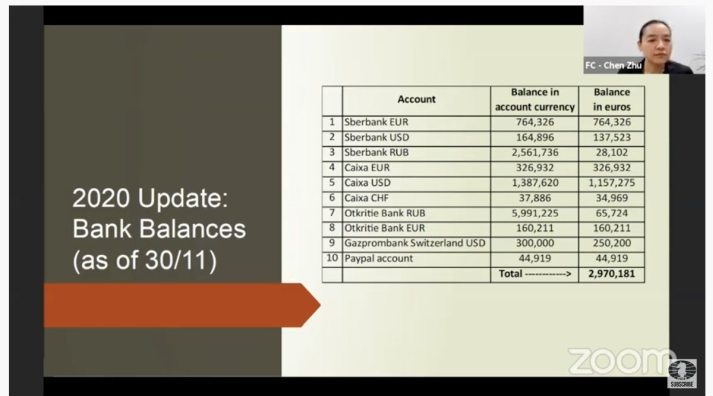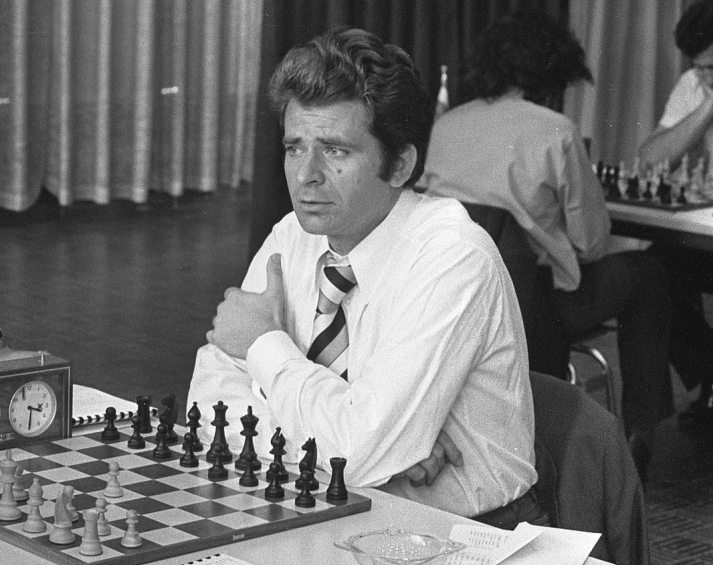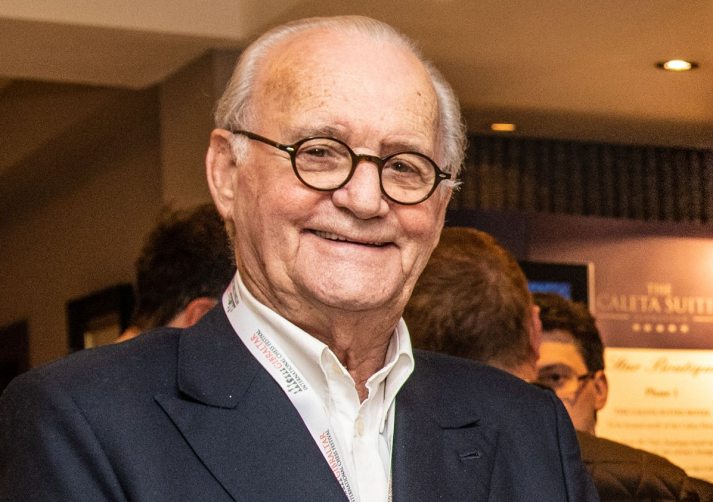Since its foundation 96 years ago, FIDE has celebrated 91 Congresses. This annual meeting, where the most important matters are discussed and voted on, has been held almost without interruption for nearly a century. Only five editions had to be canceled, due to force majeure.
Just a few years ago, a global pandemic would have surely meant the cancelation of the FIDE congress. But in 2020, with broadband internet connection available almost everywhere in the world, we have managed to hold this event entirely online. The meetings were held via Zoom, and those of general interest were also broadcast via Youtube.
This wouldn’t have been possible without the cooperation, will, and patience, of all our member federations, delegates, and commission members. Most of us have already mastered the use of Zoom and other video-conference solutions during 2020, but for many others without technological savvy, the experience posed a little challenge. An additional difficulty was that, with our members being spread across the whole planet in different time zones, we all had to make a little effort, and while some of our members had to get up early in the morning, for many others the meetings concluded well past midnight.
We want to thank all participants for their patience, and in particular, to all those who had to make an extra effort to adapt to this new format. We would also like to thank our IT department, headed by Vladimir Kukaev and Gennady Rakhvalov, who provided explicit tutorials and provided assistance to the delegates during the whole process.
Here is a recap of some of the most important decisions and topics discussed during this week at the General Assembly, the Zonal Council, and the Commissions’ meetings. The entire meeting is available on the FIDE Youtube channel.
FIDE Treasurer report

An important report at every General Assembly is the one by the FIDE Treasurer, which is normally offered right after the President’s opening speech. Zhu Chen shared the news that FIDE has now opened a Swiss bank account, which means that the organization is now ready to accept credit card payments, something crucial in order to organize activities like seminars, et cetera.
The Treasurer informed that Ernst & Young concluded their audit for the year 2019 in which they examined every transaction, and “they were fully satisfied with FIDE’s internal control procedures”. The delegates voted in favor of appointing Ernst & Young again for the 2020 audit.
Chen informed the delegates that FIDE’s cash balance is currently just below 3 million euros, and she expects it to be a bit over 4 million euros by the end of the year thanks to some advance payments that are expected in the next weeks related to next year’s World Championship match and the FIDE Chess.com Grand Swiss. “We are in a very small group of International Federations that have managed to deal with the crisis on our own, without applying for support from IOC or public funds. We must be proud of this achievement”, she added.
The Treasurer also spent some time analyzing how the pandemic has impacted FIDE’s budget, compared to what was originally approved in February. The budget took a serious blow, but FIDE’s good situation allowed for even further reductions in several fees: in particular, the ones applied to titles and transfers. These new reductions are added to the ones already established in previous budgets, following the strategic plan announced by Arkady Dvorkovich during his electoral campaign.
As for the budget for 2021, FIDE has prepared a very conservative estimate, but the budget will probably be reviewed, and it will depend greatly on the income generated by the World Championship match. FIDE’s Director-General Emil Sutovsky briefed the attendants about the most recent developments on the match and the candidates, and he said that he expects the match to generate a profit for FIDE of at least 1,5 million euros.
The report of the FIDE Treasurer, the budget for 2021, the new Financial Regulations, the appointment of Ernst & Young, and the report of the Verification Commission were all approved without objections.
Trainers Commission, by the numbers

Leading up to the Trainers Commission Meeting held as part of the Online FIDE Congress, its secretary Peter Long shared a presentation that reported on the work done by this commission.
In 2019, TRG organized a total of 38 seminars, which totaled 902 participants – using 42 different lecturers. Besides offering rotation which is a practice that the new FIDE management has established, this also tapped on the expertise of a large number of trainers.
Of these seminars, 13 took place in Asia, 11 in Europe, 8 in Africa, and 1 in the Americas, while 5 of them were held online. This experience proved to be very useful for what was to come!
In 2020 there was a shift to having seminars by region and language, so while TRG organized just 23, many were in cooperation with the continental chess bodies and even held together with other commissions, and so have become more available to many usually unable to attend when organized by country.
Of these, 16 are already completed, and 7 will be held during the next few days. In total, there have been 605 participants and 37 different lecturers to date, 11 in English, 3 in Russian, 3 in Arabic, 2 in Spanish, 1 in German, and 1 in Portuguese.
2021 will see a complete shift to a teaching curriculum where the subjects have moved beyond just teaching to play chess, to include areas such as psychological and training issues and the use of technology, and critically needed by trainers today, and lecturers will be focused on sharing their own methods and the best practices. In total, 1,573 titles were awarded during these two years (note that very often the titles are awarded sometime after the seminar has concluded). Regarding academies, there are currently 42 FIDE Endorsed Academies, of which 14 are in Asia, 13 in Europe, 9 in Africa, and 6 in the Americas. At the end of 2019, there were 30 so 2020 added 12 more.
More information: https://trg.fide.com
FIDE honorary titles

Boris Spassky in IBM Amsterdam (1973) Photo: wikiwand.com/
During the General Assembly, the tenth World Chess Champion Boris Vasilievich Spassky was awarded the title of “FIDE Honorary Member”. Born in Leningrad, the great Spassky very early caught the attention of Mikhail Botvinnik when he managed to defeat him in a simul exhibition at just 10 years old. He played a total of three world championship matches: he lost to Tigran Petrosian in 1966, defeating him in a second attempt in1969 to become World Champion. Then he famously lost the crown to Bobby Fischer, in the match in Reykjavík that became a global sensation. Spassky is the oldest living former world champion, and also one of the most charismatic ones because of his sportsmanship and geniality.

FIDE Life Member Brian Callaghan Photo: David Llada
The founder and driving force behind the Gibraltar Chess Festival, Brian Callaghan, was also awarded an honorary title, “FIDE Life Member”, as a recognition for his important and continued contribution to chess. Thousands of players took part in Gibraltar events he organizes since 2003, with a special emphasis on promoting women chess players. Even though the Gibraltar Chess Open 2021 had to be canceled, Brian managed to keep the tradition alive by hosting the fourth and final leg of the FIDE Women’s Grand Prix, from January 17-29.







